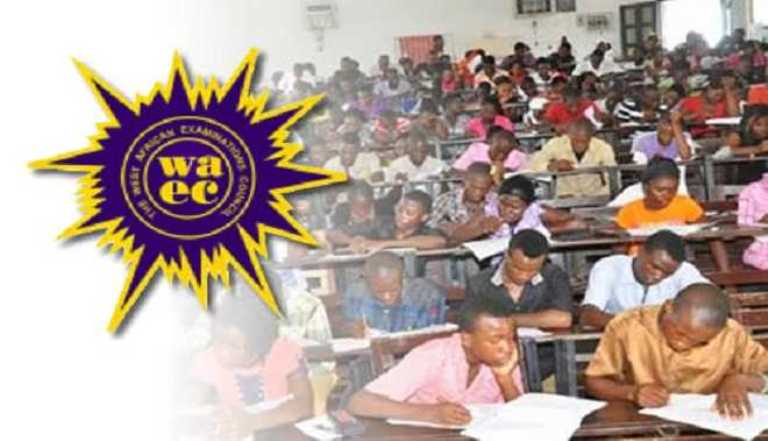
Nigeria’s two foremost examination bodies — the Joint Admissions and Matriculation Board (JAMB) and the West African Examinations Council (WAEC) — are under fire following technical glitches that disrupted their 2025 examinations, triggering widespread anxiety among candidates, parents and education stakeholders.
The year will be remembered as one of the most turbulent in the country’s educational history, with both boards battling credibility questions after bungled exam processes led to withheld, altered and reissued results.
JAMB was the first to stumble in April when software hitches scrambled candidate responses across Lagos and the South-East zones, affecting nearly 380,000 students. The fallout was chaotic: scores were distorted, mass failures recorded, and several centres forced into resits. JAMB Registrar, Prof. Is-haq Oloyede, admitted the errors stemmed from an “unapplied software patch” on servers.
While the board dismissed conspiracy theories, the National Assembly’s Committee on Basic Education later suggested human error, not technology, was at the heart of the fiasco.
Barely had the dust settled when WAEC followed with its own misstep. In August, the Council released the 2025 West African Senior School Certificate Examination (WASSCE) results, only to suspend access days later after “bugs” were detected in the result-checker system. The glitch, linked to a new paper-serialisation security feature, altered scores in core subjects including Mathematics, English, Biology and Economics.
A public apology and updated results eventually calmed nerves, but many parents and students remained unconvinced. “Those who failed should prepare to rewrite. Reviewing results midway only creates suspicion,” said Mr. Isaiah Chukwu, a parent. Another, Mrs. Margaret Ameh, argued that the energy spent correcting errors should instead be channelled into strengthening schools and hiring competent teachers.
Some candidates, however, confessed to seeing their fortunes improve after the corrections. “At first, I had D7 in English; after the update, it changed to B3. Though I’m grateful, WAEC must put its house in order,” a student told reporters.
The Federal Ministry of Education praised WAEC for its transparency, while reiterating plans to roll out computer-based testing across WAEC and NECO from 2026, beginning with objective papers. The reform, officials said, would curb malpractice, prevent leakages and restore credibility.
Yet, scepticism lingers. Education experts warn that without systemic overhaul, independent audits and stronger quality assurance, Nigeria risks eroding public trust in its most vital academic gateways. “If examination bodies fail, it is not students who are failing — it is the system itself,” cautioned tech analyst Echezona Chinedu.
For millions of young Nigerians whose futures rest on these certificates, the integrity of JAMB and WAEC is not just an administrative detail — it is the foundation of opportunity.







